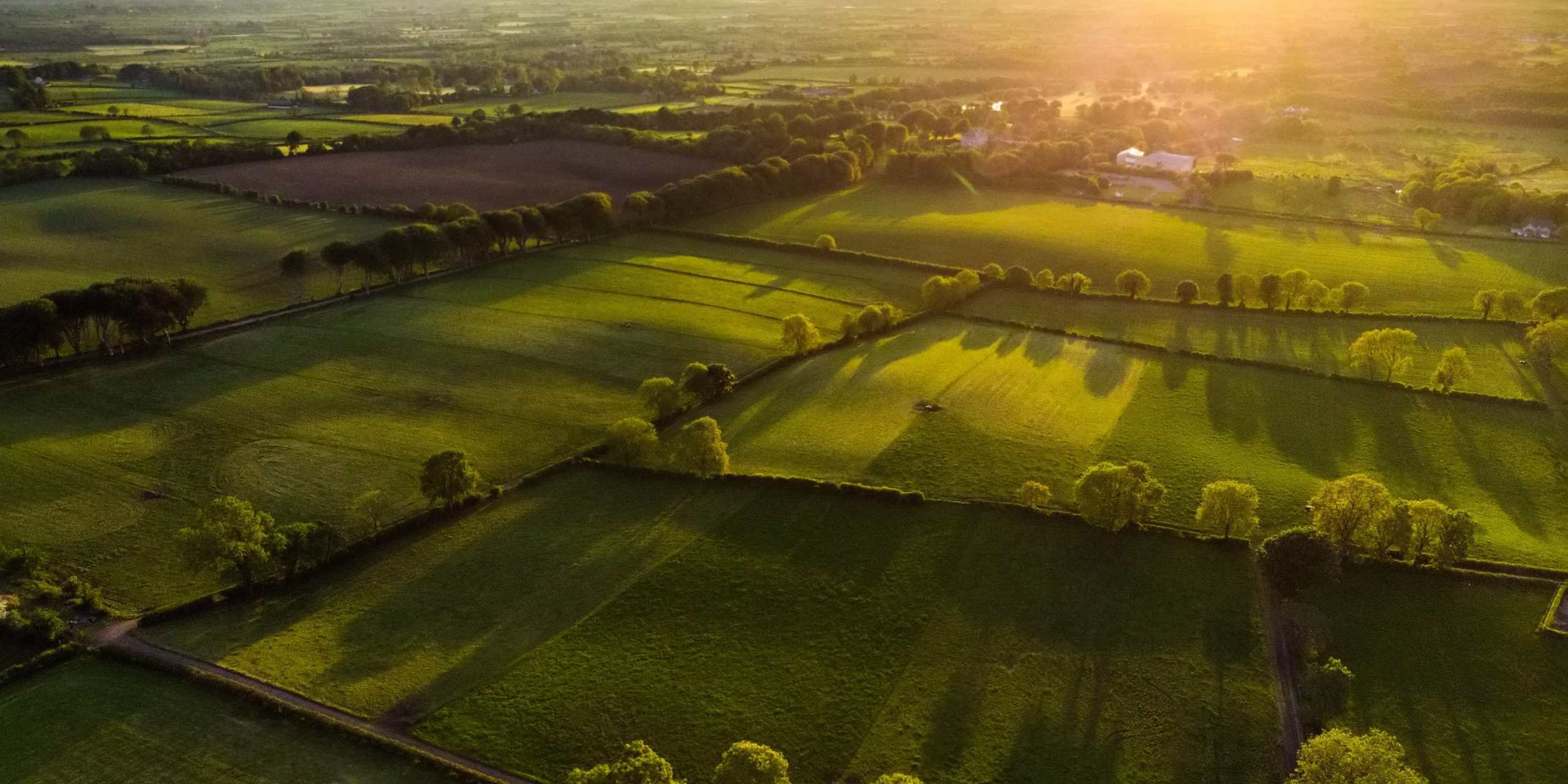Ireland has the capability to produce sustainable biomethane which will help decarbonize the most difficult to abate, high thermal demand manufacturing and processing industries, as well as transport and agriculture, while reducing waste and supporting the transition to agroecology. Up to 11 % of current natural gas demand in Ireland could be substituted with sustainably produced biomethane by 2030, when and if the correct policy supports are in place – according to a shared Vision and Roadmap for AD Biomethane Production in Ireland, published by the Renewable Gas Forum Ireland (RGFI).
Speaking to the RGFI/REGATRACE event in Dublin, Matthieu Ballu, a senior EU Commission official, outlined details of the recently announced REPowerEU plan, which includes a biomethane production target of 35 bcm by 2030. Ballu, who is responsible for Renewables and Energy System Integration Policy, said the Biomethane Action Plan, contained in REPowerEU, sets out tools including a new biomethane industrial partnership and financial incentives to increase production to 35bcm by 2030, including through the Common Agricultural Policy. The Commission will continue to support innovative technologies for the production of sustainable biomethane. By 2024, Member States have to separately collect organic waste, which can be valorized in anaerobic digestors. This is an opportunity to upscale the production of biogas and biomethane sustainably, creating income opportunities for farmers and foresters.
Ireland, with its grass based agricultural systems, has the highest potential for biomethane production per capita in the EU and a proven business case as documented by the RGFI commissioned KPMG Integrated Business Case for Biomethane Production 2019 and subsequent reports.
“The speedy scaling up of biomethane produced from sustainable agricultural feedstocks as well as other biodegradable materials, is a cost-efficient path to both reduce imports of natural gas as well as assist in decarbonizing hard-to-abate pillar industries of manufacturing and processing and transport sectors and the creating of diverse income opportunities for farmers,” said PJ McCarthy, CEO of RGFI.
“The biomethane industry in Ireland is mobilizing, designed to be scalable and is preparing to invest up to €1.8 billion over the coming decade. There are plans to develop up to 125 anaerobic digester plants by 2030, based on a Government commitment to announce the Renewable Heat Obligation Scheme in coming weeks. The Irish AD biomethane sector has the capability and commitment to replace approximately 11% of the current gas consumed in Ireland with biomethane. However, without the necessary Government policies and support, the capacity is not there to realize this level of ambition,” he added.
The principal elements of the Roadmap for AD Biomethane Production in Ireland are:
- a consumer-led collaboration to develop a scalable, sustainable biomethane industry
- based on environmentally responsible production, with end use biomethane contributing to the circular bio-economy, while delivering socio economic benefits
- a focus on difficult to decarbonize sectors
- supporting sustainable, diverse, profitable agriculture, and the circular rural bioeconomy and its principles
- supporting sustainable transport
- aligned with EU and National sustainability and climate action policies
- Green Gas Certification in place
- underpinned by an AD Charter
Some of the points raised by speakers at the REGATRACE/RGFI Knowledge Sharing event include:
“Many solutions proposed to decarbonize transport are still conceptual and/or uneconomical, particularly when applied to HGVs. However, biomethane is ready to be implemented now, subject to necessary Government policy and legislative supports, and capital funding to meet targets to 2030. Biomethane has been recognized as a zero emissions biofuel under Ireland’s Climate Action Plan 2021 and it has an important role to play as a renewable fuel for transport,” explained Ronan Murphy, Vision Green.







